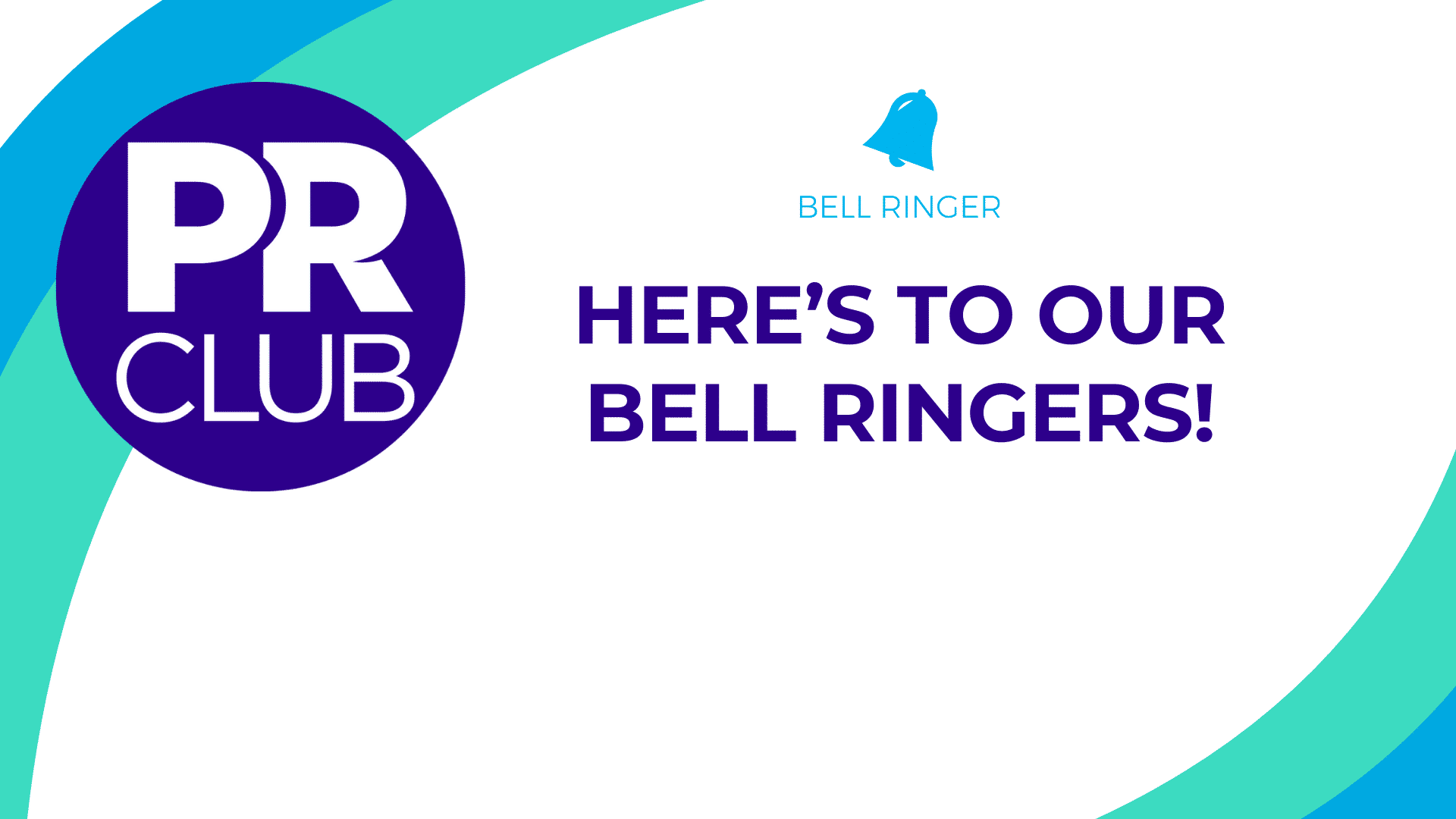At the start of the pandemic, many students and employers were scrambling because of the uncertainty around how to best keep interns engaged and employed. I remember several of my Simmons University students were preparing to tackle provocative, in-person internships only to be told they’d be immediately moving to remote work, or in some cases, the internship was canceled entirely. This instability and not knowing what was next was crushing. But under that heaviness, birthed a new internship landscape that is still evolving, even as this blog is being typed.
And now that the labor market is rebounding, internships and career opportunities are coming back in new, interesting ways. While we have all experienced drastic changes in this post-pandemic climate, there are a few ways that interning as a whole has transformed, and requires students to acknowledge those changes.
Having said that, with all change, comes uncharted territory and there are a few pitfalls interns should avoid when entering the “new” communications industry.
- Failing to emphasize “online life”: In talking to my students, I’ve noticed that few take their status as a “digital native” for granted. Gen Z possesses a rare skill set that is now invaluable; they can live, work and communicate online, effortlessly. For many, the shift to online was daunting, but students figured out how to balance working and studying from home for several years in a row. Students should emphasize every technology they become well-versed in while living in a virtual world (ahem, TikTok or Zoom?). An intern’s cover letter should include specific examples of how they can effectively work from home, especially when applying for internships that offer remote options. Talk about how you navigated time management or perhaps, how you prioritize your to-do list when working, studying and living in the same place.
- Neglecting to mention social justice: Socially, and professionally, budding professionals need to clearly communicate their values. No longer can professionals come to the table emphasizing skills only–it’s critical that professional communicators know what they stand for and the kinds of clients, organizations and companies they want to represent. Interns could be missing valuable opportunities to express what’s important to them if they leave off causes or societal issues they’re most passionate about.
- Hiding relevant work examples: the communications field is vast and diverse–interns who fail to pull relevant work examples from each area or discipline they’ve experienced, are missing a chance to show off their versatility. For example, interns who are poised for success have writing samples, social media content calendars, imagery and video/audio media to provide to their future employers or internship sites. Too often, students make the assumption that their internship sites already know what they can do (see digital native status above)–but the onus is on the intern to showcase how their skills transfer across any multimedia format.
But an internship’s success isn’t dependent on the intern alone, however. Internship sites that also fail to include the three aforementioned areas into their hiring practices are potentially missing the boat, too. These interns have survived–and thrived–in “unprecedented times” and as such, are establishing a new normal that requires new management techniques.
For example, internship sites that don’t discuss work-school-life balance in interviews will likely lose their most desirable candidates. Those that still value the “butt in seats” models will likely lose top talent because these students have learned we can do work remotely and be successful. Similarly, companies that aren’t being boastful about who they are and what they stand for, likely won’t retain the interest of potential interns and could be leaving their next great hire behind.
From where I sit, my advice is pay them, get to know them, and let them be flexible and have a voice about important issues–a loud one too. Those that do will be pleasantly surprised with the young, hungry and eager-to-work generation that’s ready to use their integrated and highly desirable communications skills.
This blog post was written by Kristina Markos, PR Club Board Member and Associate Professor of Practice and Online Program Director at Simmons University.




